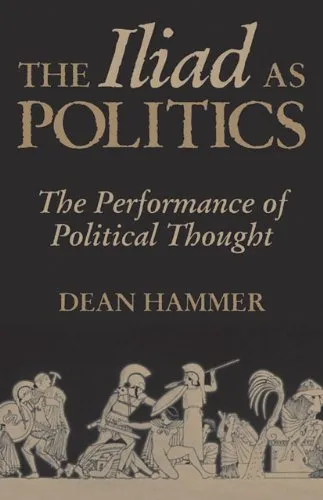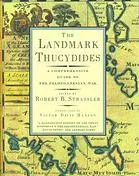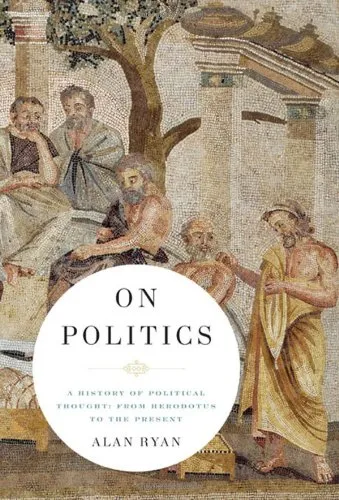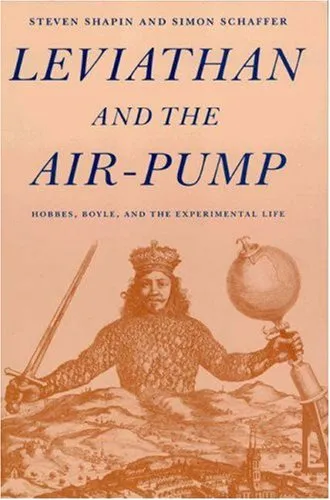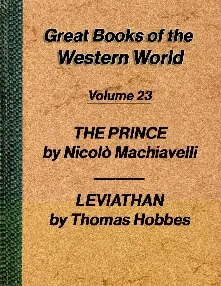The Iliad As Politics: The Performance of Political Thought
3.6
Reviews from our users

You Can Ask your questions from this book's AI after Login
Each download or ask from book AI costs 2 points. To earn more free points, please visit the Points Guide Page and complete some valuable actions.Related Refrences:
Persian Summary
Introduction to "The Iliad As Politics: The Performance of Political Thought"
The timeless epic, 'The Iliad,' has long been a cornerstone of classical literature, studied and revered for its exploration of heroism, honor, and the human condition. In 'The Iliad As Politics: The Performance of Political Thought,' Dean Hammer offers a groundbreaking reinterpretation of this iconic work, viewing it through the lens of political theory and performance.
Detailed Summary of the Book
The Iliad is often celebrated for its poetic grandeur and its deep dive into the themes of fate and warfare. However, Dean Hammer shifts the focus to understanding it as a source of political discourse. In this book, Hammer delves into the ways in which 'The Iliad' articulates complex political ideas through its narrative and character interactions.
He posits that 'The Iliad' conveys ancient Greek political ideology not merely through direct statements but through performative acts of its characters. These performances provide insights into governance, power dynamics, and the nature of leadership. By examining characters like Achilles, Agamemnon, and Hector, Hammer identifies the varied, often conflicting ideas about rulership, authority, and civic duty embedded within the epic.
Hammer’s analysis is meticulous and multifaceted. He explores how the narrative structure serves as a mechanism for political thought, how Homer’s portrayal of wartime events reflects societal ideals and contradictions, and how these ideas resonate with and diverge from democratic principles. The book encourages readers to reconsider the relationships between ancient text and political practice, urging a dialogue between the past and present.
Key Takeaways
- ‘The Iliad’ operates as a performance of political thought, providing a rich tapestry through which ancient Greek political ideologies are expressed.
- Characters are crucial to understanding the political narratives, each symbolizing different aspects of leadership and power.
- Homer's epic suggests a conversation between personal desire and public duty, a theme just as relevant today.
- The work demonstrates how narratives influence political identity and societal expectations of leadership.
Famous Quotes from the Book
"In the clash of words as much as in the clash of swords, the world of the Iliad is created and contested."
"Political thought is performed as much in the spoken arguments of Achilles and Agamemnon as in the unspoken values they embody."
Why This Book Matters
In a contemporary world where politics often seems divorced from its philosophical roots, 'The Iliad As Politics' serves as a crucial reminder of the powerful interplay between storytelling and political ideology. Hammer's work breathes new life into 'The Iliad,' urging modern readers to reflect on the myriad ways classical texts continue to shape and challenge our understanding of political thought.
By revisiting this ancient epic with a fresh perspective, the book speaks to scholars of politics, literature, and classical studies, as well as general readers eager to unlock new interpretations of a longstanding literary masterpiece. Hammer’s insights offer profound implications for how we interpret political narratives, not just in ancient texts but in our contemporary political discourse.
Ultimately, this book matters because it bridges the gap between antiquity and the present, showing that even in the distant past, there existed a keen awareness of the intricate dance between narrative and power, governance, and performance.
Free Direct Download
Get Free Access to Download this and other Thousands of Books (Join Now)
For read this book you need PDF Reader Software like Foxit Reader
Accessing books through legal platforms and public libraries not only supports the rights of authors and publishers but also contributes to the sustainability of reading culture. Before downloading, please take a moment to consider these options.
Find this book on other platforms:
WorldCat helps you find books in libraries worldwide.
See ratings, reviews, and discussions on Goodreads.
Find and buy rare or used books on AbeBooks.
